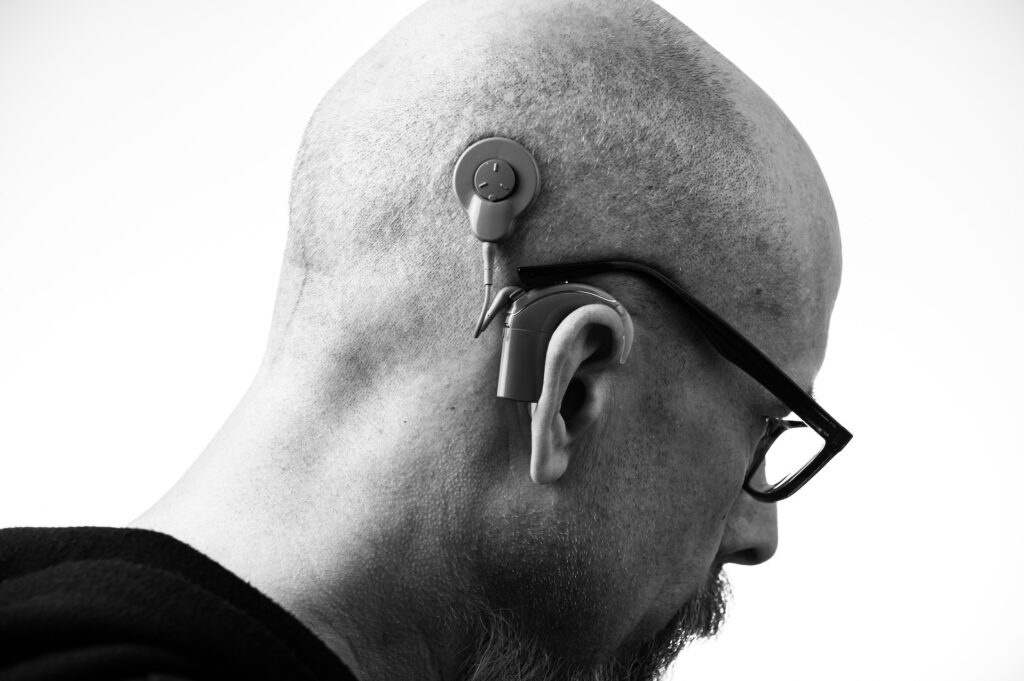Cochlear Implant: A Life-Changing Solution for Hearing Loss
Hearing loss can have a significant impact on a person’s quality of life, affecting their ability to communicate and interact with others. However, with advancements in medical technology, there are now more options than ever before for those with hearing impairments to improve their hearing abilities. One such option is a cochlear implant, a small device that can significantly enhance a person’s hearing. In this article, we will delve into the details of what a cochlear implant is, how it works, its benefits, and its limitations.
What is a Cochlear Implant?
A cochlear implant is a small electronic device that is surgically implanted into a person’s inner ear to improve their hearing abilities. Unlike traditional hearing aids, which amplify sounds, cochlear implants bypass the damaged parts of the ear and directly stimulate the auditory nerve, allowing the brain to perceive sound.
The History of Cochlear Implants
Cochlear implants have been around for over 40 years. In 1978, the first successful implantation of a multi-channel cochlear implant was performed by Dr. Graeme Clark in Australia. Since then, cochlear implant technology has evolved significantly, and thousands of people worldwide have received cochlear implants.
How Does a Cochlear Implant Work?
A cochlear implant consists of two main components: an internal device and an external device. The internal device is surgically implanted into the inner ear, while the external device sits behind the ear and consists of a microphone, speech processor, and transmitter.
When a sound is detected by the microphone, it is sent to the speech processor, which converts the sound into a digital signal. This signal is then sent to the transmitter, which sends it to the internal device via a small antenna. The internal device then stimulates the auditory nerve, which sends the signal to the brain, allowing the person to perceive sound.
Who Can Benefit from a Cochlear Implant?
Cochlear implants are designed for individuals who have severe to profound hearing loss and have not benefited from traditional hearing aids. They can be used by people of all ages, from infants to the elderly.
The Candidacy Process
To determine whether a person is a suitable candidate for a cochlear implant, they will need to undergo a thorough evaluation by an audiologist and an ear, nose, and throat (ENT) specialist. The evaluation will include hearing tests, medical examinations, and a discussion of the person’s communication needs and expectations.
Benefits of Cochlear Implants
Cochlear implants offer several benefits over traditional hearing aids, including:
Improved Hearing Abilities
Cochlear implants can significantly improve a person’s hearing abilities, allowing them to hear sounds that they were previously unable to.
Improved Speech Recognition
Because cochlear implants directly stimulate the auditory nerve, they can improve a person’s ability to recognize speech, even in noisy environments.
Improved Quality of Life
For many people with hearing loss, a cochlear implant can improve their quality of life by allowing them to communicate more effectively and participate in activities that they were previously unable to.
Limitations of Cochlear Implants
While cochlear implants offer significant benefits, there are also some limitations to consider, including:
Limitations in Sound Perception
While cochlear implants can significantly improve a person’s hearing abilities, there are still limitations in how sound is perceived. For example, some individuals may have difficulty hearing in noisy environments or distinguishing between similar-sounding words.
Long-Term Maintenance
Cochlear implants require long-term maintenance, including regular battery changes and visits to the audiologist to ensure that the device is working correctly.
Conclusion
Cochlear implants are a life-changing solution for individuals with severe to profound hearing loss who have not benefited from traditional hearing aids. While they are not without their limitations, cochlear implants offer significant benefits, including improved hearing abilities, speech recognition, and quality of life.
If you or a loved one is considering a cochlear implant, it is important to discuss the benefits and limitations with your healthcare provider and audiologist to determine if it is the right choice for you.
FAQs
- How long does it take to recover from cochlear implant surgery?
- The recovery time varies, but most individuals can return to their normal activities within a few weeks.
- Can children get cochlear implants?
- Yes, cochlear implants can be used by children as young as 12 months old.
- How long do cochlear implants last?
- Cochlear implants can last up to 10 years or more, but they may require replacement or maintenance over time.
- Are cochlear implants covered by insurance?
- Some insurance plans may cover cochlear implants, but it is important to check with your provider to determine coverage.
- How do I know if a cochlear implant is the right choice for me?
- If you have severe to profound hearing loss and have not benefited from traditional hearing aids, a cochlear implant may be a suitable option. It is important to discuss the benefits and limitations with your healthcare provider and audiologist to determine if it is the right choice for you.

